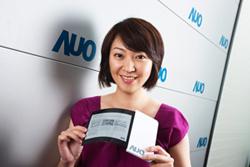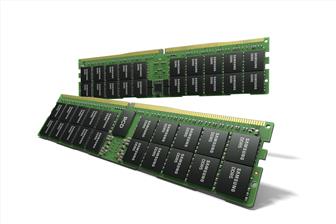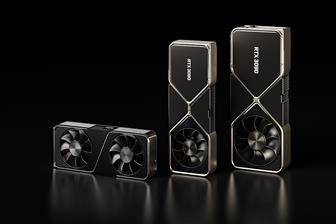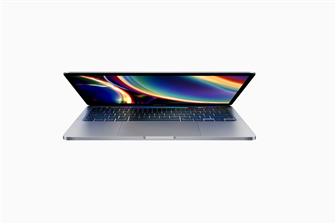
AUO has introduced its 6-inch flexible e-paper technology. Adopting Sipix's Microcup technology, the flexible e-paper features a plastic substrate, so that the e-paper can be repeatedly bended.
The product features 16 gray levels, a 9:1 high contrast ratio, and and a reflectance of 33%. In terms of power consumption, there is no electricity required during reading and it consumes power only when the image is updated.
Using the roll-to-roll manufacturing process, the technology allows for the commencement of volume production. The size of the flexible e-paper is able to be tailor-made based on customers' needs.
AUO expects to distribute samples to customers in 2010 and to start volume production then.

Samsung HKMG DDR5
Samsung Electronics has expanded its DDR5 DRAM memory portfolio with a 512GB DDR5 module...
Photo: Company

Nvidia GeForce RTX 30 series GPUs
Nvidia's GeForce RTX 30 series GPUs are powered by the company's Ampere architecture. The...
Photo: Company

Apple HomePod mini
Apple's HomePod mini is the newest addition to the HomePod family. At just 3.3 inches tall,...
Photo: Company

Apple 13-inch MacBook Pro with Magic Keyboard
Apple has updated the 13-inch MacBook Pro with the new Magic Keyboard for an improved typing...
Photo: Company

Apple iPad Pros
Apple's new iPad Pros comes with the latest A12Z Bionic chip, an ultra-wide camera, studio-quality...
Photo: Company
- Silicon photonics set for takeoff (Oct 30) - EE Times
- TikTok founder becomes China's richest man (Nov 1) - BBC News
- Nvidia to take Intel's spot on Dow Jones Industrial Average (Nov 1) - Reuters
- Huawei's latest AI processors were made by TSMC (Oct 22) - Bloomberg
- Arm to scrap Qualcomm chip design license in feud escalation (Oct 23) - Bloomberg
- Embedded World brings 3,500 visitors to 1st US outing (Oct 11) - EE Times
- Preparing electronics engineering students for industry (Oct 8) - EETimes Europe
- Former Apple hardware chief Dan Riccio is retiring (Oct 11) - Ars Technica
![]() Microsoft's custom chip sets new industry benchmark while deepening AI partnerships across sectors
Microsoft's custom chip sets new industry benchmark while deepening AI partnerships across sectorsAs Microsoft transitions from a software giant to a cloud leader, with its cloud business now accounting...
![]() Global supply chain: China market
Global supply chain: China marketChina market news coverage

CSP in-house development of ASIC accelerators
Google TPUs will see a share of over 70% in the in-house developed cloud ASIC accelerator market in 2024; an all-optical network...

AI chip market outlook 2023-2028: Insights from demand and supply perspectives
The growing demand for AI computational power is accelerating advancements in hardware and chip technology, necessitating innovation...

Automotive CIS tech development, 2024
The popularization of autonomous driving is boosting demand for automotive CIS with LFM and HDR being mainstream development...






